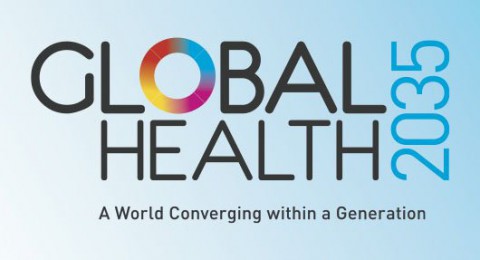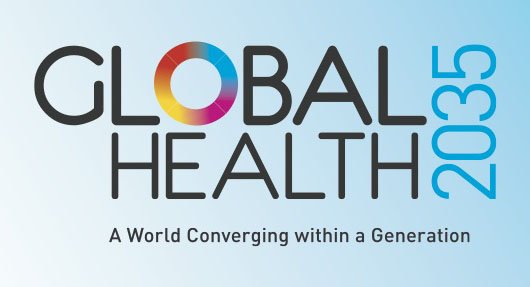 Global investments in research, vaccines and new medicines to combat HIV/AIDS, tuberculosis and malaria can reduce the health gap between rich and poor nations within the next generation, according to 25 health and economic experts.
Global investments in research, vaccines and new medicines to combat HIV/AIDS, tuberculosis and malaria can reduce the health gap between rich and poor nations within the next generation, according to 25 health and economic experts.
Their recommendations were presented recently in a report titled, “Global Health 2035: A World Converging Within a Generation”. The report was printed in The Lancet health journal.
If adopted by governments as financial policy, there is potential for saving 10 million lives in low-income and middle-income countries by 2020, they say.
Some of their suggestions include significantly increasing taxes on tobacco, alcohol and even sugar. Family planning and education, especially of young girls and women, should be emphasized.
The couch-potato lifestyles and diets of fatty foods prevalent in Western countries, but spreading to other countries, should be discouraged, according to the report.
The program outlined in the report would cost about $70 billion, according to estimations. However, predictions show that the expected return on the investment would be nine to 20 times more than the program’s cost.
In China, for instance, a 50 percent tax on tobacco could prevent 20 million premature deaths and add $20 billion to the economy in 50 years, the report says.
Global 2035 arrived on the 20th anniversary of the 1993 World Development Report in Health. Harvard University economist Lawrence Summers led the committee for the earlier report as well as the most recent one.
The 1993 report was the first time the World Bank looked at financial investments as the primary tool to improve health care. It recommended government-supported programs to deliver vaccines, improve water quality, sanitation, education and boost household income. Private sector programs also were encouraged.
Billionaire Bill Gates said the report motivated him to found the Bill & Melinda Gates Foundation.
“Every page screamed out that human life was not being as valued in the world at large as it should be,” he said in a 2002 speech to a United Nations Special Session on Children. “My wife Melinda and I were stunned to learn that 11 million children die every year from preventable causes. That is when we decided to make improving health the focus of our philanthropy.”
The current report calls for global investments in research and development of vaccines, new medicines and health technologies to double to $6 billion by 2020.
The challenge is securing funding at a time when governments are facing budget cuts but Summers said the benefits are cost-effective and doable.
“This is a once-in-human-history opportunity,” Summers said.









